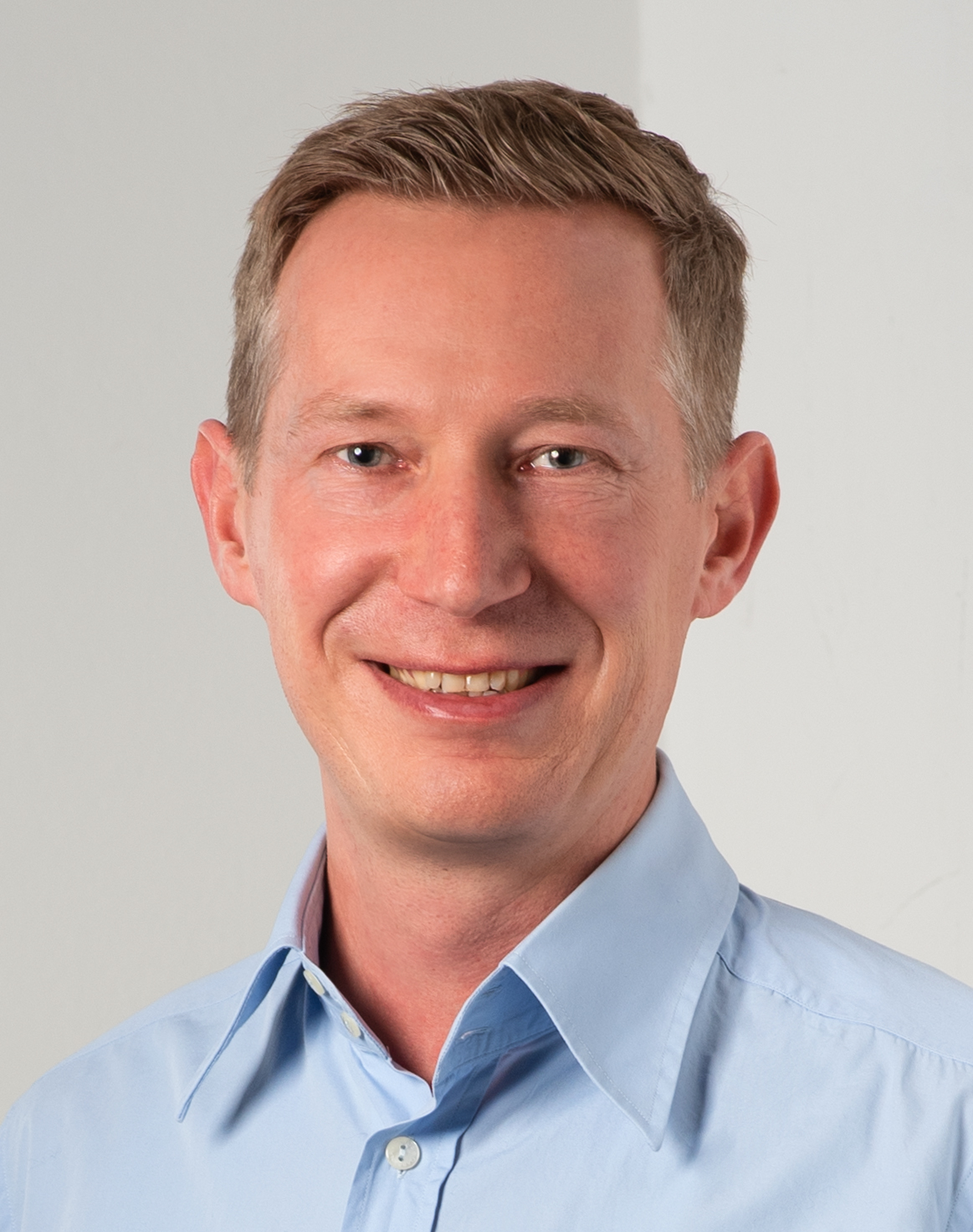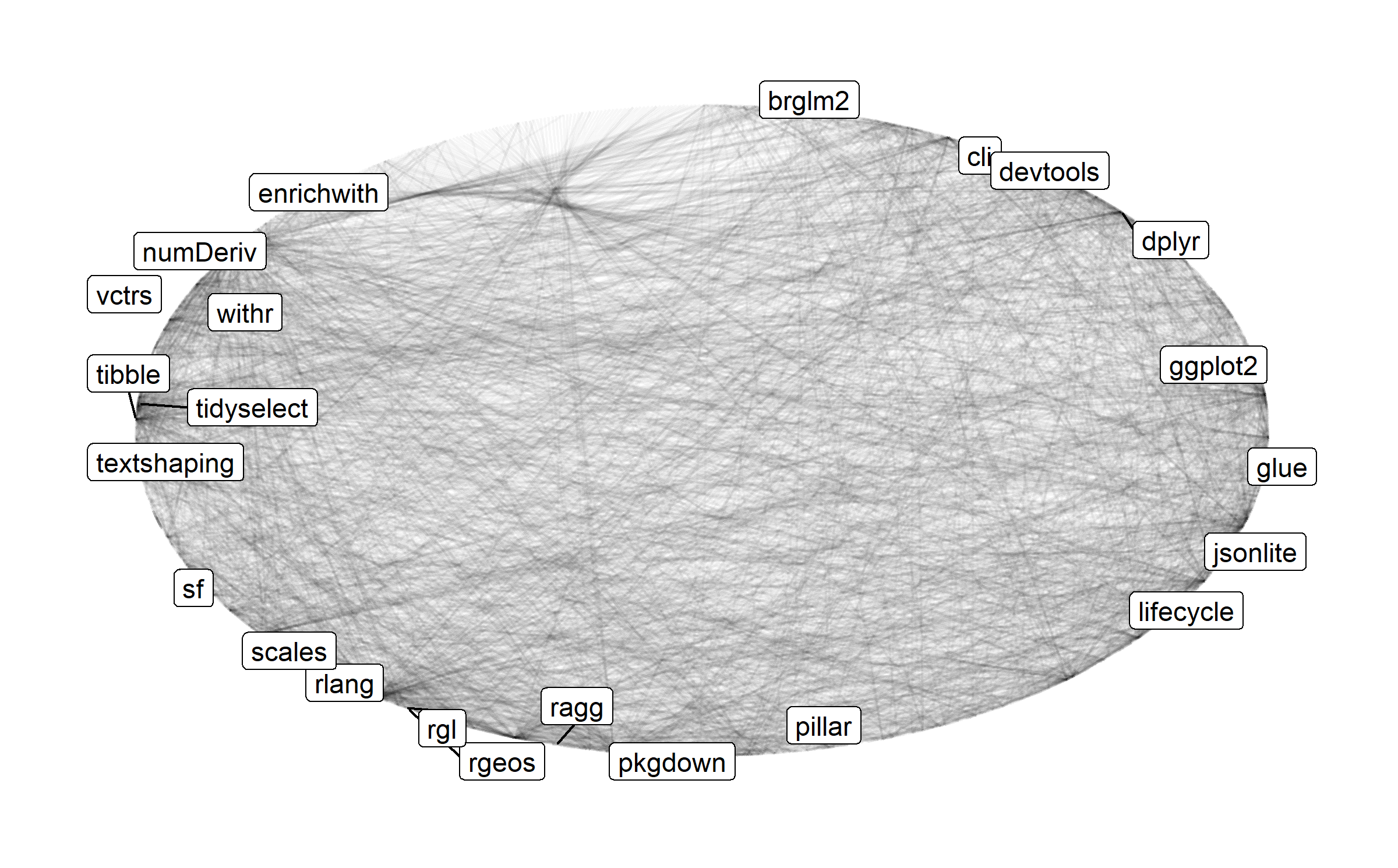1 Introduction
Tutorial: Good Software Engineering Practice for R Packages
July 8, 2024
Disclaimer
Any opinions expressed in this presentation and on the following slides are solely those of the presenter and not necessarily those of their employers.
Daniel

- Ph.D. in Statistics from University of Zurich, Bayesian Model Selection
- Biostatistician at Roche for 5 years, Data Scientist at Google for 2 years, Statistical Software Engineer at Roche for the last 4 years
- Co-founder of RCONIS
- Multiple R packages on CRAN and Bioconductor, co-wrote book on Likelihood and Bayesian Inference, chair of
openstatsware - Feel free to connect
Friedrich
- Since 2008 self-employed consultant for computer science and data science as well as biostatistics
- Co-founder and CEO of RPACT, a company developing the formally validated R package rpact with 28 releases on CRAN since 2018
- Co-founder of RCONIS
- Trained software architect; R programmer since 2004; R Shiny developer since 2019
- Feel free to connect at LinkedIn or Github

openstatsware
- openstatsware.org
- Since: 19 August 2022 - almost 2 years now!
- Where: American Statistical Association (ASA) Biopharmaceutical Section (BIOP), European Federation of Statisticians in the Pharmaceutical Industry (EFSPI)
- Who: Currently more than 50 statisticians from more than 30 organizations
- What: Engineer packages and spread best practices
What you will learn here
- Understand the basic structure of an R package
- Create your own R
- Learn about & apply professional development workflow
- Learn & apply fundamentals of quality control for R
- Learn how to make an R available to others
Program outline
| Time | Topic |
|---|---|
| 14:00 - 14:30 CEST | Introduction and outline |
| 14:30 - 15:15 CEST | R packages, what are they? + practical |
| 15:15 - 15:45 CEST | Workflow for creating R packages + practical |
| 15:45 - 16:30 CEST | Package quality + exercise |
| 16:30 - 17:15 CEST | Publication + practical |
| 17:15 - 17:30 CEST | Conclusion |
House-keeping
- Course website at RCONIS.github.io/user2024-tutorial-gswep
- all slides
- sources available at github.com/RCONIS/user2024-tutorial-gswep
- all materials CC-BY-SA 4.0
- We offer a gitter chat channel
- use to ask your peers questions
What you will need
- Local R development environment with
- git
- Rtools/R/Rstudio IDE
- Install additional R packages using the installation script
- Curiosity 🦝
- Positive attitude 😄
Speed intros and what would you like to learn?
- Name? 😀
- Organization? 🏢
- Motivation for this workshop/ what would you like to learn 🧠
What do we mean by GSWEP4R*?
- Applying concept of “Good XYZ Practice” to SWE with R
- Improve quality and longevity of R code/packages
- Not a universal standard; we share our perspectives
- Collection of best practices
- Do not reinvent the wheel: learn from the community
Why care about GSWEP4R?
- R is one of the most successfull statistical programming languages
- R is a powerful yet complex ecosystem
- Core component: R packages
- Mature analysts: users & contributors
- Deep understanding crucial, even to just assess quality
- Analyses increasingly require complex scripts/programs
- The concepts are applicable to other languages, too (Python, Julia, etc.)
Start small - from script to package
- Encapsulate behavior (functions)
- Avoid global state/variables
- Adopt consistent coding style
- Document well
- Add test cases
- Refactor and optimize code
- Version your code
- Share as ‘bundle’
\(\leadsto\) R package
The R package ecosystem - huge success

Pharma perspective: GxP + R =
- Core infrastructure packages only through industry
- Quality, burden sharing: open-source pharmaverse and openstatsware
- Open methodological packages can de-risk innovative methods
- R packages make (statistical/methodological) code
- testable (with documented evidence thereof, CFR Part 11)
- reusable
- shareable
- easier to document
Question, Comments?
License information
Creators (initial authors): Daniel Sabanes Bove , Friedrich Pahlke , Kevin Kunzmann
In the current version, changes were done by (later authors): Andrew Bean , Doug Kelkhoff , Philippe Boileau
This work is licensed under the Creative Commons Attribution-ShareAlike 4.0 International License.
The source files are hosted at github.com/RCONIS/user2024-tutorial-gswep, which is forked from and a subset of the original version at github.com/RCONIS/workshop-r-swe-zrh.
Important: To use this work you must provide the name of the creators (initial authors), a link to the material, a link to the license, and indicate if changes were made